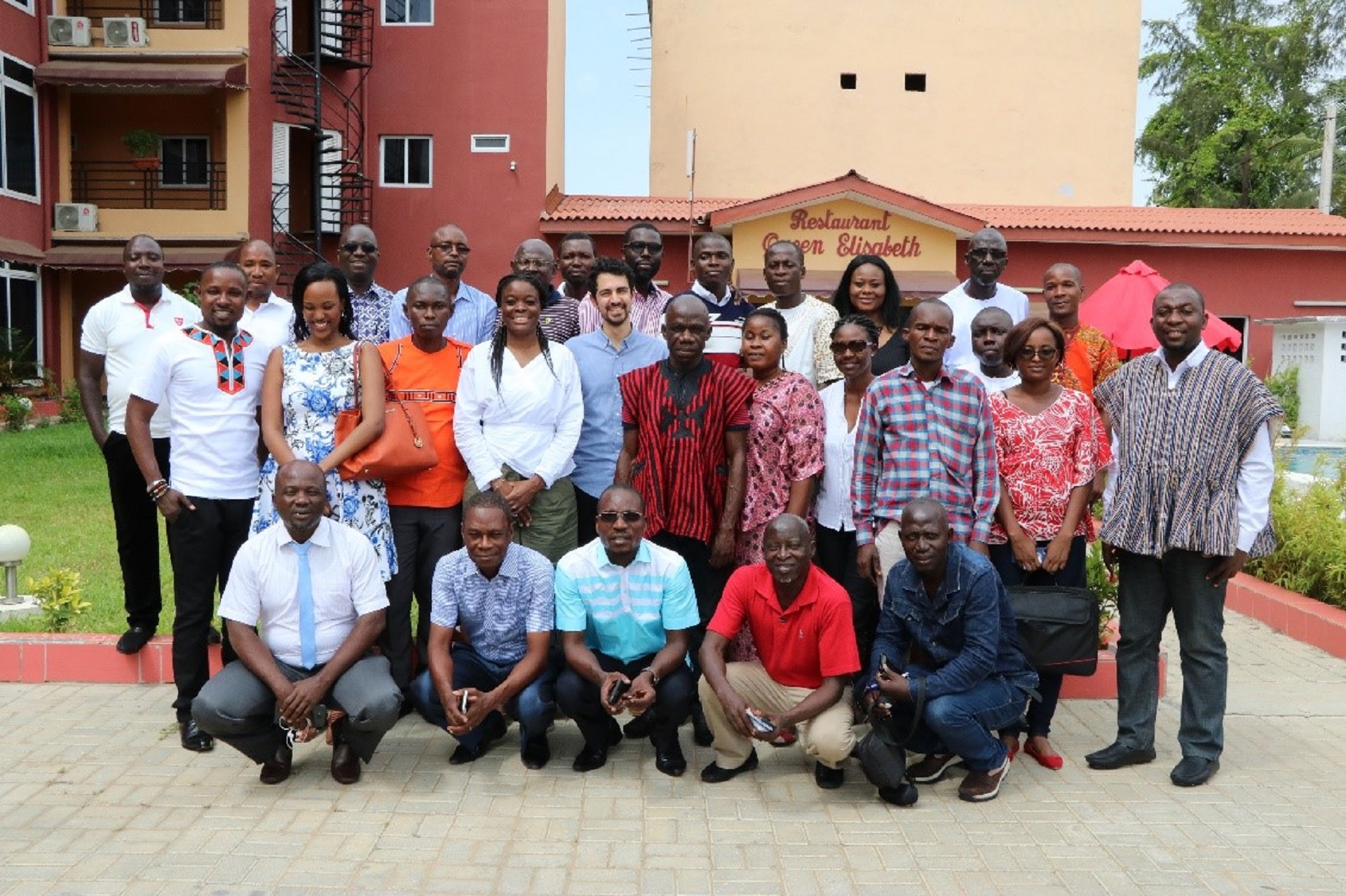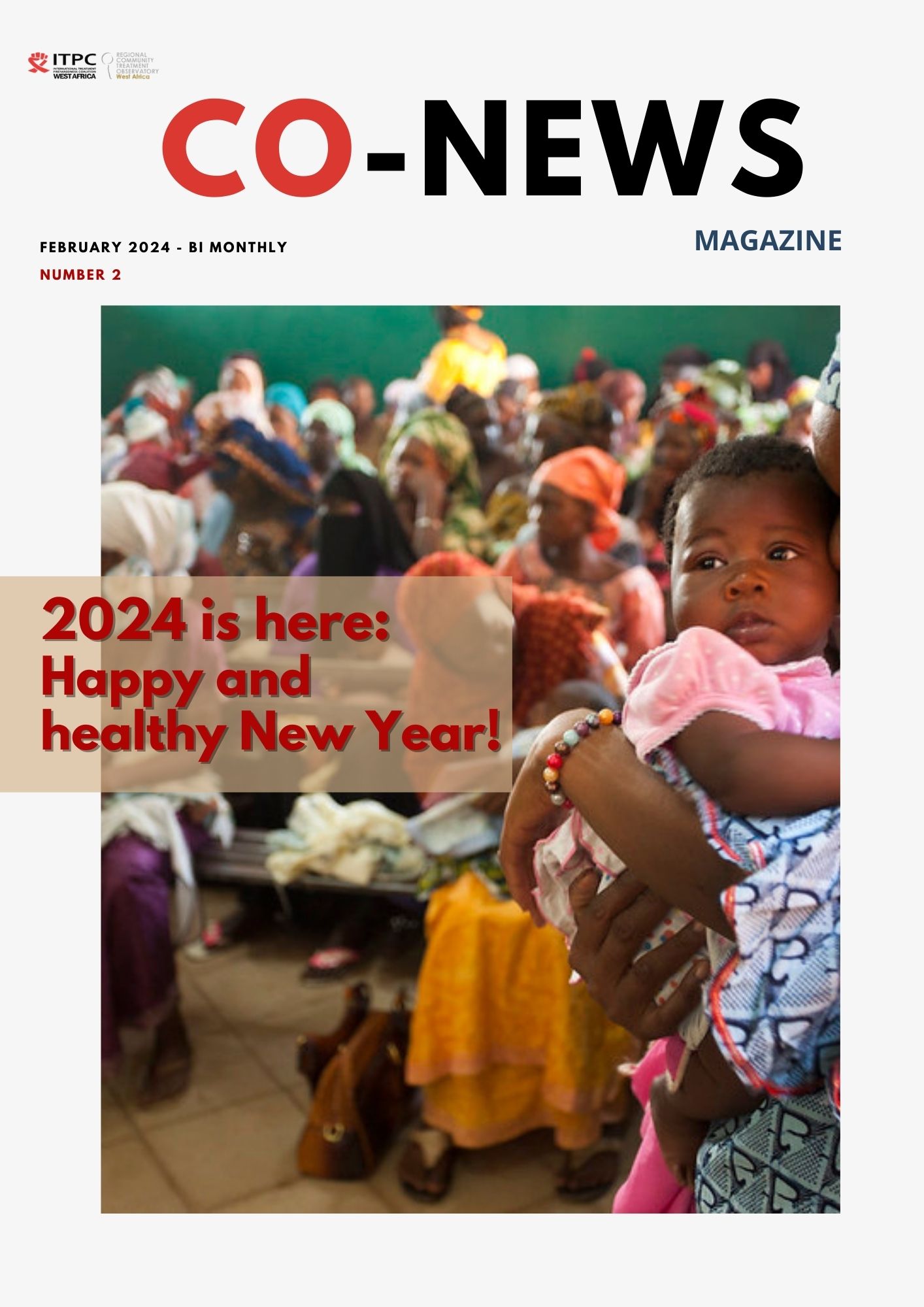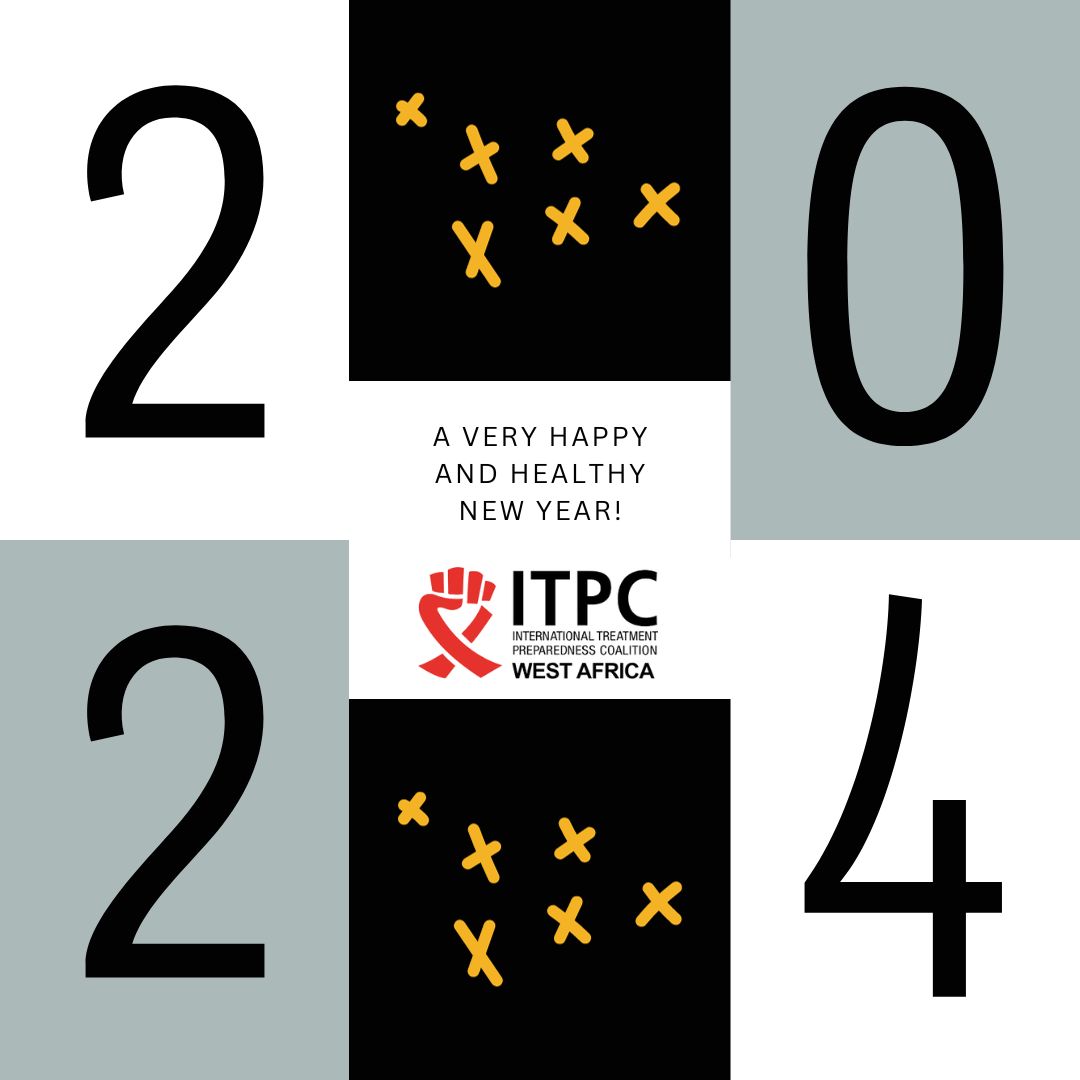In West Africa, less than three out of ten people infected with the virus have access to antiretrovirals. And when they have access to it, it is often late. This late treatment affects both the infected person and the community.
Access to treatment has improved for the entire population in West Africa. But this is not enough, insist UN experts. “The epidemic continues to spread disproportionately in Africa,” they point out.
West Africa, lagging behind, needs to close the gap in access to treatment. This gap covers community needs, especially for key populations. In view of this, it is fundamental to gather evidence on the need to have access to treatment in the region for PLHIV. From this point of view, regional influence must be supported by using the results obtained by the communities and at the national level. This is to contribute to the achievement of Zero new infections and thus manage to control the epidemic.
ITPC Global and ITPC WA have been selected by the Global Fund as Principal Recipients of the West Africa Regional Community Treatment Observatory for the period 2017-2019 to achieve this bold challenge. The Regional Community Observatory is a mechanism that systematically collects data to track trends in treatment access along the HIV cascade, and uses it for targeted action. It also acts as a PLHIV-led community watchdog mechanism to improve access to quality, uninterrupted antiretroviral treatment.
The objective of this project is to improve access to antiretroviral (ARV) treatment for PLHIV in 11 priority countries in West Africa. These countries are Benin, Côte d'Ivoire, Gambia, Ghana, Guinea-Conakry, Guinea-Bissau, Liberia, Mali, Senegal, Sierra Leone, and Togo. The project focuses on the five most vulnerable populations living with HIV: female sex worker (SW), men who have sex with men (MSM), injecting drug users (IDU), pregnant women and youth.
Operationally, the project consists of monitoring certain indicators relating to screening, care, treatment and stock-outs and producing advocacy evidence based on factual data collected in the field and discussed by community constituencies around networks of people living with HIV who are sub-grantees. Thus data collectors have been trained and advisory groups set up at the country level.
The implementation of the first year project by the SRs took place in each of the eleven beneficiary countries. In year 1 of the project, a series of training sessions were carried out in finance, governance and also in monitoring and evaluation and made it possible to train the financiers, the members of the management bodies and the focal points respectively. The results obtained at the national and regional levels raised awareness of the need to take stock of the lessons learned and to review the various action plans with the entire ITPC team (ITPC Global and ITPC WA).
It is in this context that ITPC WA brought together all of its sub-recipients for a week in Bassam. Planned for the focal points for this week of refresher training on the management of financial resources, monitoring and evaluation with an emphasis on data collection as well as on the various work plans of the SRS will allow a better understanding of the project indicators. The session will also be the time to draw major lessons from the first year and to pool experiences between Srs. The main purpose of this week being above all to improve the capacity of the SRs brought together the twenty-two (22) focal points of the sub-recipients under the facilitation of the regional team of the ITPC WA project.
The training week began on Monday, April 23, 2018 at 8:30 a.m. with a word of welcome from Mr. Alain Manouan, Project Director of the Community Observatory
"First of all, I would like to wish you all an Akwaba in Côte d'Ivoire, welcome home! I am very happy to find you all in good health, and to meet new faces. Last year we were all in Bassam at the same time of the year, in a different setting and it was at this time that the adventure of the Regional Community Observatory on treatment in West Africa started. We've been in this together for a year now and I'm really proud to say that we've done a great job together overall."
Wame Mosime the Director of Programs and Advocacy stressed the importance of this week “This week is very important for us because we have tos not only continue to increase our performance together but we must also reach the next steps, namely the accreditation process for regional observatories and develop our advocacy plan in order to make ourselves heard”
It was following these words that the two respective teams split in order to focus on the objectives set by the regional project team.
“We are here for 3 days, the purpose of the exercise we have just done is above all a presentation exercise but it is much more advanced, it is like a homework and we must return our copy to our teachers who are here present at the end of these three days of training. We must have a definition of an observatory on Wednesday evening. This definition will have to use the different words that are yours; present on flip chart” This is how Ben Omar Gueye Khatab, Regional Monitoring and Evaluation Manager began the first day of these three days of training.
Accompanied by Pedro Garcia, Monitoring and Evaluation Manager, the team of M&E focal points looked at the agenda and the objectives that brought together all the people present in the room.
The two facilitators also recalled the methodology of the 3 days of training which will be based mainly on a reminder of the training done a year ago, it will also involve the participation of the eleven national focal points. Country presentation sessions will be led by the focal points and open discussions will be held to enable the pooling of good practices. Presentations followed by discussions will also be made by the facilitation team. If necessary, targeted sessions on demand (by country) will be held to allow the country to go more in-depth in the quest for information.
As a reminder, but above all to see what level of information the focal points have, a pre-test was submitted to them. “Thanks to the pre-tests, we will be able to gauge at what level we need to strengthen each other's capacities. This is in no way a way to penalize you. On the contrary” Ben Omar Gueye Khatab.
The funding team, meanwhile, started its training week with a pre-test to gauge the level of skills of the SRs. "It is important that by Wednesday evening, we all leave this room with much more knowledge and rigor so that we can all, as much as we are, succeed in this mission that the Global Fund has entrusted to us" these words of Claude Dablé Gbratto marked the tone and the dynamics of the three days during which a lot of work had to be done to strengthen the capacities of the SRs at the financial level.
Through a presentation, the workshop facilitators, namely Norma Masheleng, Claude Dablé Gbratto and Emmanuella Yao, helped the participants to become better acquainted with the notions of accounting. The presentation showed the importance of accounting in the reporting cycle of a project.
Emmanuella Yao told participants that it is important at the start of the session to develop a greater familiarity with the basic notions and concepts of the session. It is in the same rhythm that the different objectives of the workshop were discussed and validated by all the participants of this training.

3 years ago




